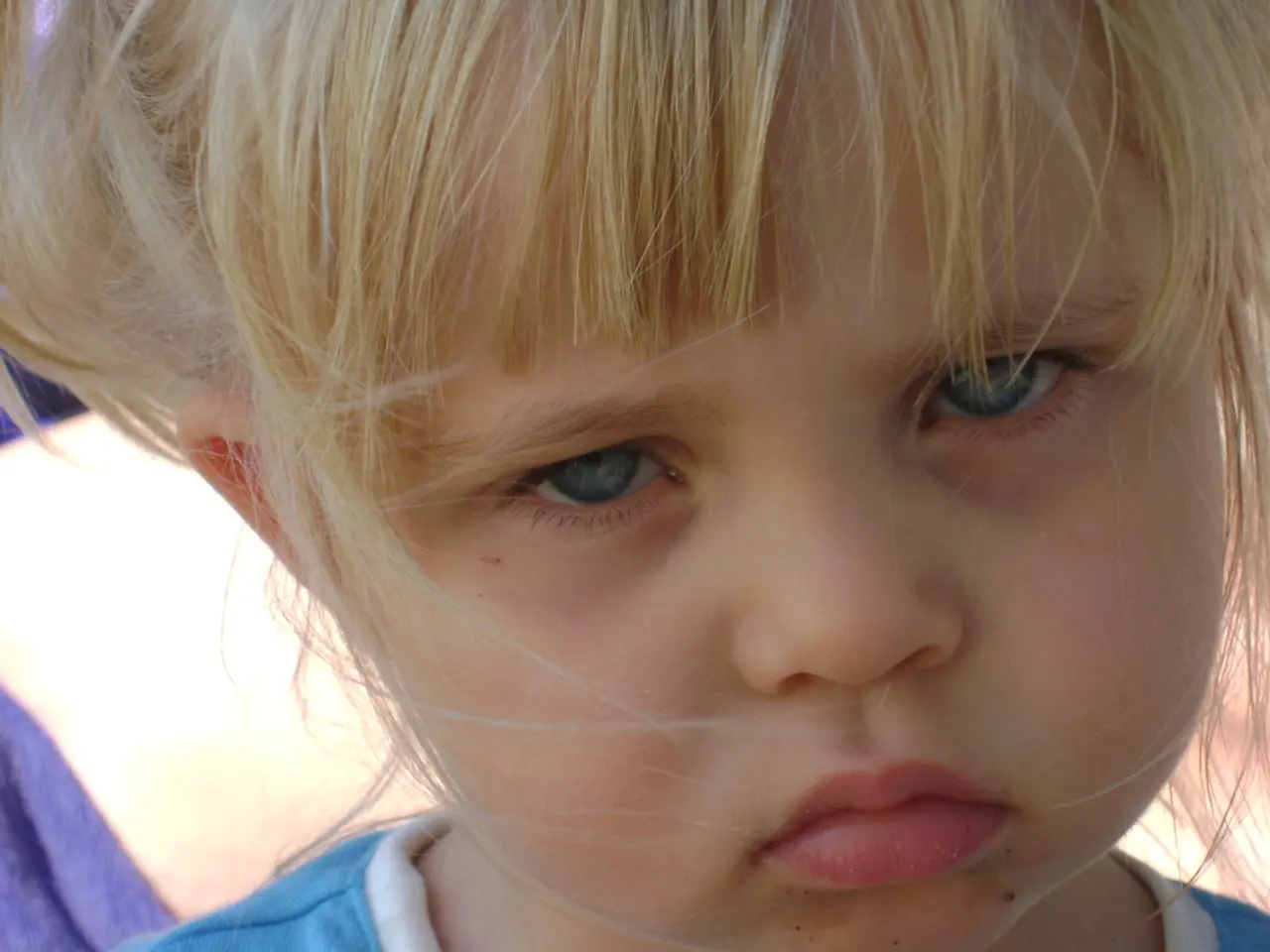The Essence of Child Care: An Overview
In the world of parenthood, understanding child care options and development milestones is crucial for providing the best possible environment for a child's growth. This article aims to shed light on various child care options, key development milestones, and factors to consider when choosing child care.
Child Care Options:
Child care can be provided in various settings, each with its unique benefits. Daycare centers, preschools, family child care, in-home care (nannies), cooperative child care, and specialized programs cater to different age groups and family needs.
- Daycare focuses on safe, dependable supervision and basic developmental activities for infants through early childhood. It often serves mixed-age groups and accommodates working parents needing all-day care year-round.
- Preschool targets children aged 3–5 years, offering more structured, play-based learning geared toward preparing children for kindergarten. Preschool programs focus on early literacy, math, and social-emotional development.
- Family Child Care takes place in a home setting by a caregiver, offering a smaller group and potentially more personalized attention.
- In-Home Care (Nannies) delivers personalized care in the child’s home, suited for families seeking flexible, individualized attention.
- Cooperative Child Care involves a group of parents sharing child care responsibilities, which can be cost-effective and allow parents to have more control over the care their children receive.
- Specialized Care for Medically Complex Children combines skilled medical care with developmental activities tailored to children with complex medical needs.
Child Care Development Milestones:
Understanding child care development milestones is vital for tracking a child's growth and development across various domains, including physical, cognitive, social and emotional, and communication skills. Every child develops at their own pace, so it's important to celebrate each achievement along the way!
- Physical Development Milestones: Key physical development milestones include gross motor skills (sitting up, crawling, walking, running, and climbing by age 3) and fine motor skills (holding a crayon and scribbling at 18 months, copying simple shapes by age 4).
- Social and Emotional Development Milestones: By age 2, children should show interest in playing with others and sharing toys. By age 4, they should begin to express their feelings verbally and manage frustration better.
Factors to Consider When Choosing Childcare:
- Child’s age and developmental needs
- Family schedule and need for full-time versus part-time care
- Desired balance between education and caregiving
- Staff qualifications and program accreditation
- Location and hours of operation suited to the family’s routine
- Cost and availability of funding or subsidies
Nutrition and Child Care:
Proper nutrition is essential for a child's growth, development, and overall well-being. Instilling healthy eating habits early on can set the foundation for a lifetime of good nutrition. Strategies include being a role model, establishing regular meal times, offering healthy choices, and educating children about nutrition.
Safety and Communication in Child Care:
Maintaining open lines of communication with parents is essential for child care safety. This can be achieved through regular updates, feedback channels, and workshops on child safety and health topics. To ensure the safety of children in any child care setting, create a safe environment, practice effective supervision, be prepared for emergencies, and promote health and hygiene practices.
For many families, child care is a necessity that allows parents to pursue their careers while ensuring their children are cared for in a safe environment, alleviating stress and helping parents maintain a healthy work-life balance. Finding the right resources for child care can be overwhelming for parents. Government programs and assistance, local child care centers, educational resources and courses, support groups and communities, and frequently asked questions about child care are all valuable resources for parents.
- In the realm of lifestyle, understanding various options for child care, key development milestones, and factors to consider when choosing child care is essential.
- When it comes to fashion-and-beauty, child care doesn't often intersect, but ensuring the well-being of children indeed sets a foundation for their future, including self-confidence and self-expression.
- Regarding food-and-drink, providing proper nutrition is crucial for a child's growth, development, and overall well-being; instilling healthy eating habits early on can set the foundation for a lifetime of good nutrition.
- In home-and-garden, the safety and cleanliness of the child care environment contribute significantly to the child's development and overall health.
- For relationships, effective communication between family members, caregivers, and educators strengthens bonding, while open lines of communication with parents ensure child care safety. This practice is not limited to child care but can be applied within pet care, travel, and education-and-self-development as well. Shopping for resources on child care can beconsidered a necessary investment in maintaining a healthy work-life balance, thereby positively impacting overall relationships.





